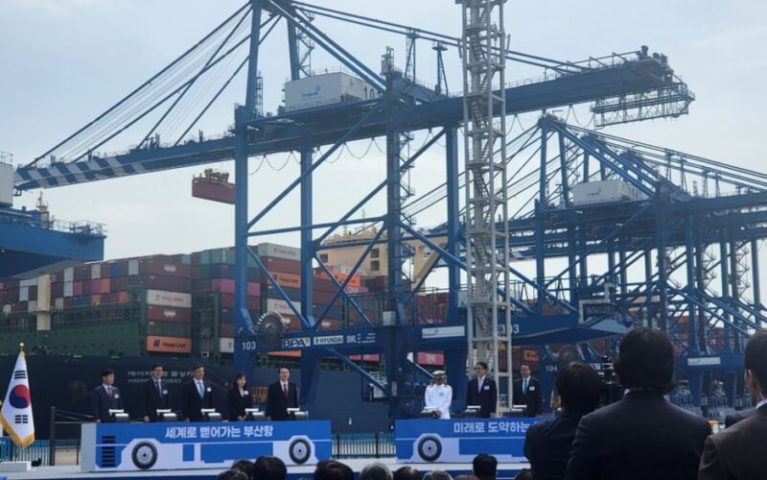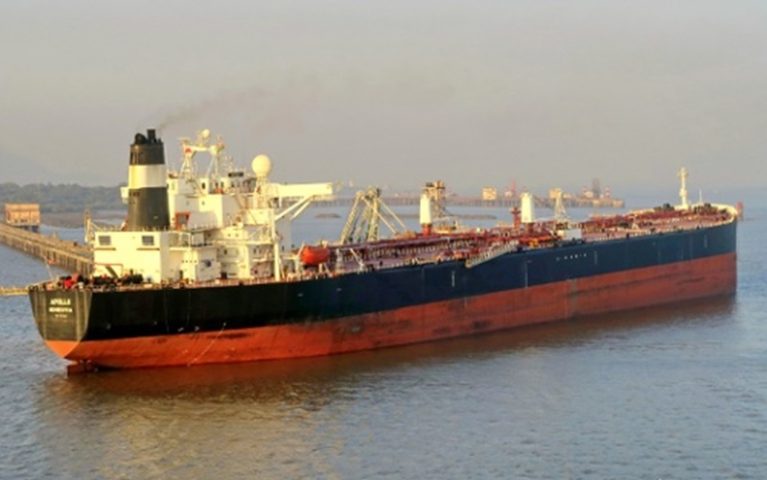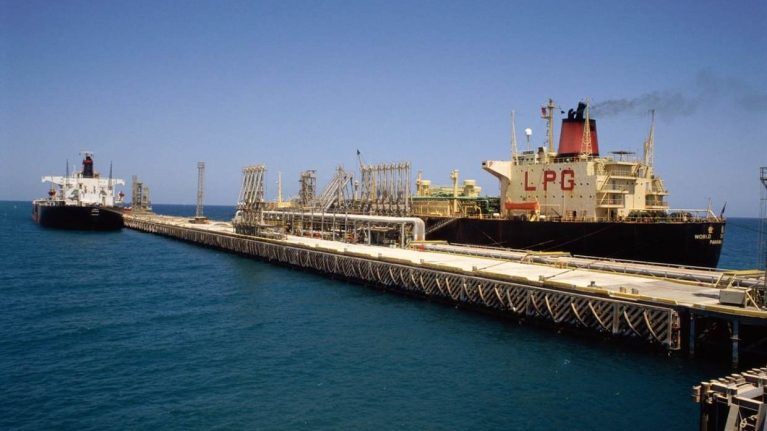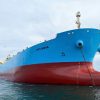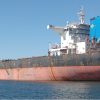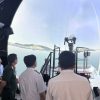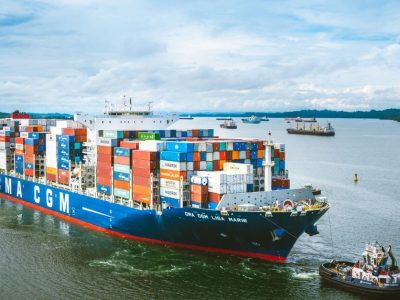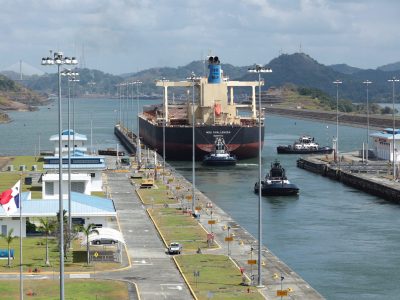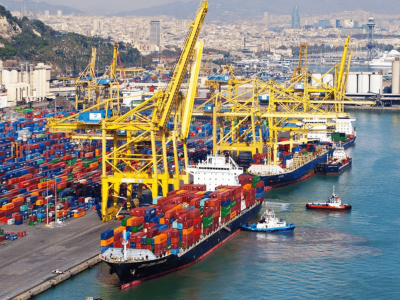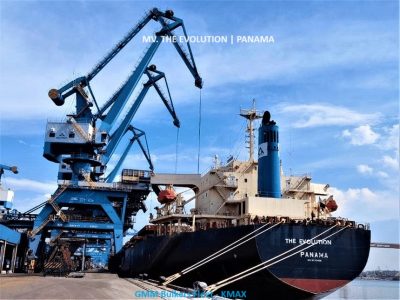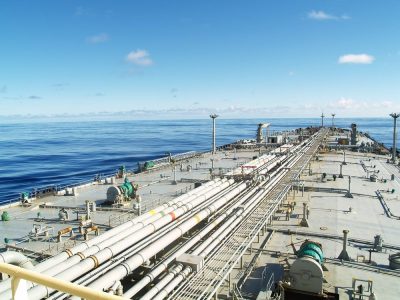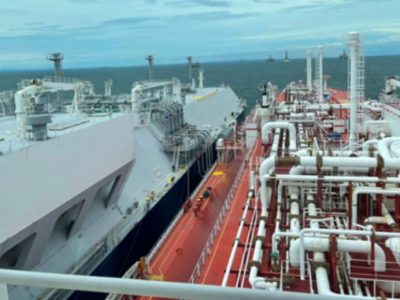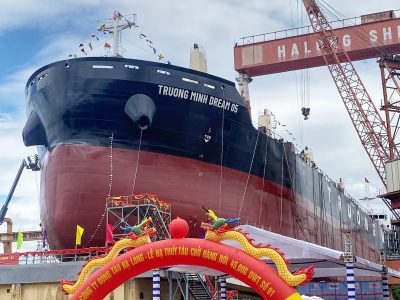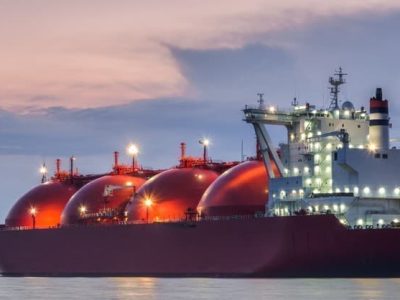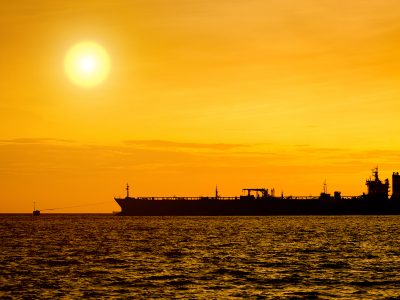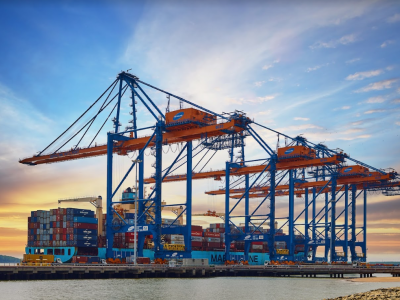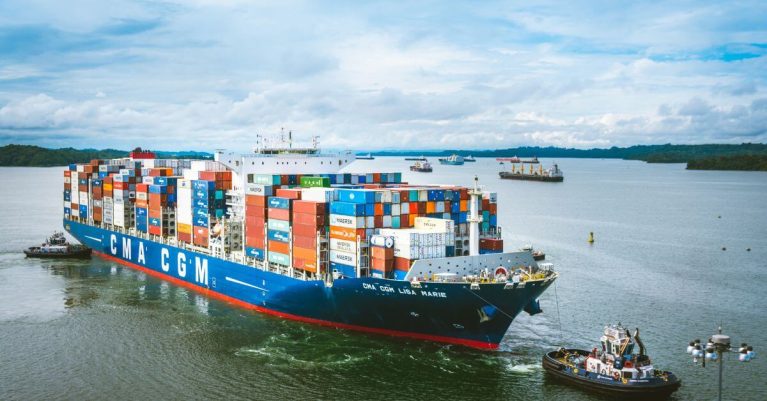By GMM News | 2025-04-12 | International Shipping News |

The Islamic Revolutionary Guard Corps (IRGC) of Iran has seized a third fuel-smuggling tanker in just over a week. The illegal movement of subsidised fuel from the country’s shores has intensified.
The IRGC Navy’s Second Naval District reported that on April 8, patrol teams intercepted a small, unnamed tanker in the Persian Gulf.
The vessel had six crew members on board and was carrying 100,000 liters of fuel, suspected to be smuggled. It was taken to the district’s base in the southern port of Bushehr for further investigation.
Officials have not disclosed the ship’s flag, ownership, or the nationalities of the crew.
This latest seizure comes after two similar incidents reported on March 31. At that time, naval patrols from the same IRGC district captured two other small tankers also suspected of smuggling fuel.
Together, those ships were carrying over three million liters of diesel and had 25 crew members on board.
They were also transferred to the port of Bushehr. A judiciary official in Bushehr province later confirmed the seizures were conducted under a legal order.
Iran’s state run media identified the earlier vessels as Start 1 and Vintage, but these names do not appear in global shipping databases.
Such discrepancies are common in the smuggling industry, where ships involved are often poorly registered or previously listed as decommissioned.

The smuggling of refined fuel, like diesel and petrol from Iran to neighbouring countries is not new.
It has been a long-standing issue due to a large difference in fuel prices between Iran and other Gulf nations. In Iran, diesel is heavily subsidised and sold at IRR 3,000 (about $0.07) per liter for limited monthly quotas.
For those who need more, such as truckers and farmers, the price rises to IRR 6,000 per liter.
This price gap encourage smugglers to move fuel across borders, particularly to places where subsidies have been removed, like the United Arab Emirates and Bahrain.
Fuel prices in these countries are set monthly based on global market changes, making them attractive targets for smuggling.
On the other hand, countries like, Oman, Saudi Arabia, Kuwait, and Qatar still offer subsidised fuel, making smuggling there less profitable.
Iraq is often the preferred destination for smuggled fuel due to widespread corruption among border security, coastguard, customs officials, and local police.
Smugglers frequently transfer fuel at sea to smaller boats in a process known as transshipment to avoid getting caught in nations with stricter laws like the UAE and Bahrain.
Fuel smuggling impacts countries differently. For example, in Iran, it leads to billions in losses from the national budget due to subsidy abuse. In contrast, Gulf countries lose tax revenue-like VAT, sales, and corporate taxes, when smuggled fuel is sold illegally.
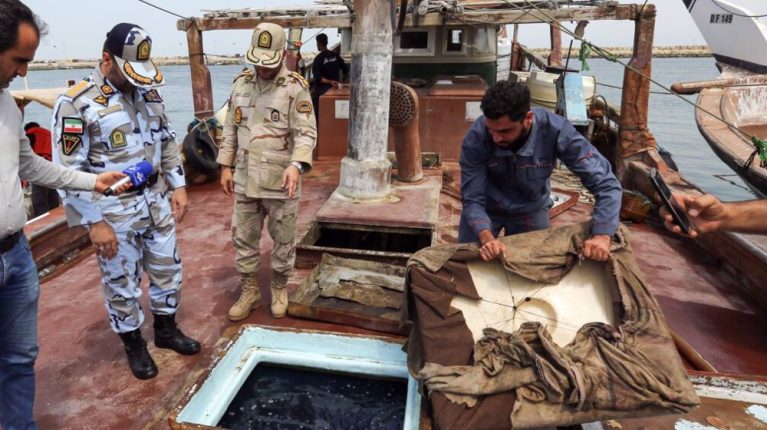
Many smuggling operations are believed to be backed by businessmen based in Gulf countries. These operations function much like old pirate expeditions and often involve stateless crew members and untraceable ships.
When Iran captures such vessels, especially those last seen at GCC ports, those countries tend to remain silent and avoid stepping in to support the detained individuals, possibly to avoid diplomatic embarrassment.
Smuggling in the region not only involves fuel but goods across the Gulf depending on market demand and seasonal shifts.
Sometimes the boats carry Iranian products like pistachios or livestock southwards, while on the return journey, they bring items such as household appliances or cigarettes.
In a separate but related incident, Reuters reported that Iran’s border police also intercepted another vessel carrying one million liters of smuggled oil at the end of March.

